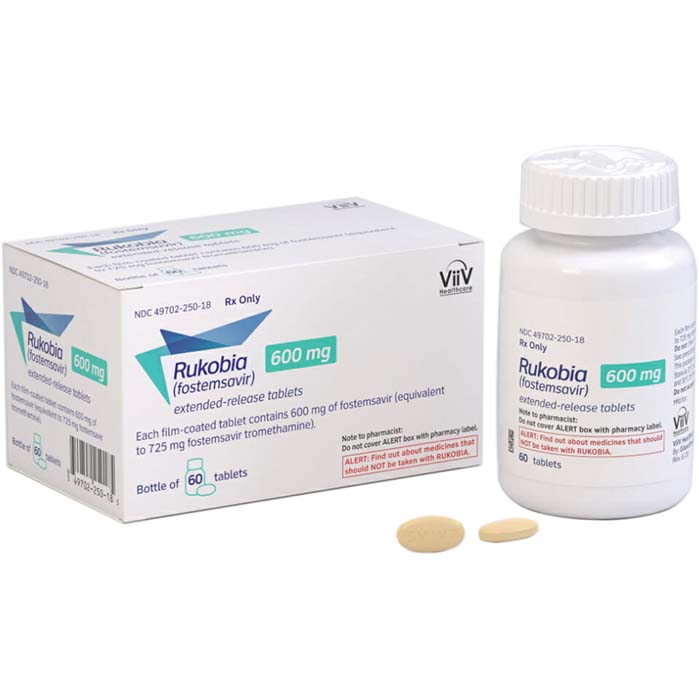

Buy Azithromycin/Teva (azithromycin) Online
- DISEASE INDICATIONS: Influenza
- MANUFACTURER: Teva Pharmaceuticals
- USAGE: Oral
- MEDICINE APPROVED BY:
- European Medical Agency (EMA)
- Food and Drug Administration (FDA)
- Health Canada
- Therapeutic Goods Administration (TGA)
- Medsafe (NZ)
Azithromycin Teva is a macrolide antibiotic that treats bacterial infections such as respiratory, skin, ear, and eye infections and sexually transmitted diseases.

Buy Azithromycin/Teva (azithromycin) Online
- Description
- Additional information
- Reviews (0)
Description
Azithromycin is an antibiotic medication used to treat a wide range of bacterial infections. It is available under various brand names, and “Azithromycin/Teva” refers to a formulation of azithromycin produced by the pharmaceutical company Teva. Below is a general description of azithromycin and its common uses:
Drug Class: Azithromycin belongs to a class of antibiotics called macrolides. It works by inhibiting the growth and reproduction of bacteria.
Indications: Azithromycin is used to treat a variety of bacterial infections, including:
- Respiratory Infections: It is commonly prescribed for respiratory tract infections such as bronchitis, pneumonia, and sinusitis.
- Skin and Soft Tissue Infections: Azithromycin can be used to treat skin infections like cellulitis.
- Sexually Transmitted Infections: It is effective against certain sexually transmitted infections (STIs) like chlamydia and gonorrhea.
- Ear Infections: Azithromycin is sometimes used for ear infections, especially in cases of middle ear infections in children.
- Traveler’s Diarrhea: It can be used for the prevention and treatment of traveler’s diarrhea caused by certain bacteria.
- Other Infections: In some cases, it may be prescribed for other bacterial infections as determined by a healthcare provider.
Mechanism of Action: Azithromycin works by interfering with the protein synthesis process in bacteria. It binds to the ribosomes within bacterial cells, preventing them from producing essential proteins needed for growth and replication. This ultimately leads to the death of the bacteria and the resolution of the infection.
Dosage and Administration: The dosage of Azithromycin/Teva (azithromycin) can vary depending on the type and severity of the infection, as well as the patient’s age and weight. It is typically taken orally as tablets or capsules and is generally administered once a day for a specified duration as prescribed by a healthcare provider. It can be taken with or without food.
Effectiveness: Azithromycin is effective against a broad spectrum of bacteria, making it a versatile antibiotic for treating various infections. However, its effectiveness depends on the specific type of bacteria causing the infection.
Side Effects: Common side effects of azithromycin may include diarrhea, nausea, abdominal pain, and headache. Serious side effects are rare but can include severe allergic reactions and liver problems. It is essential to inform a healthcare provider of any adverse reactions.
Contraindications: Azithromycin should not be taken by individuals who are allergic to azithromycin or other macrolide antibiotics. It should also be used with caution in patients with certain pre-existing medical conditions or those taking specific medications that may interact with it.
Consultation with a Healthcare Provider: It is crucial to consult with a healthcare provider before using Azithromycin/Teva (azithromycin). They will determine the appropriate dosage, duration of treatment, and whether it is the right antibiotic for the specific infection.
Azithromycin is a widely used and effective antibiotic for treating a range of bacterial infections. However, it should only be taken under the guidance of a qualified healthcare professional who can assess the individual’s medical condition and prescribe the appropriate treatment regimen.
Additional information
| Package | 3 tablets of 500 mg |
|---|
Be the first to review “Buy Azithromycin/Teva (azithromycin) Online” Cancel reply
Related Products

Buy Cabenuva (cabotegravir + rilpivirine) Online
Total Sales: 0
SKU: 812424

Buy Descovy (emtricitabine/tenofovir alafenamide) Online
Total Sales: 0
SKU: 928824

Buy Truvada (emtricitabine / tenofovir disoproxil) Online
Total Sales: 0
SKU: 229391





Reviews
There are no reviews yet.